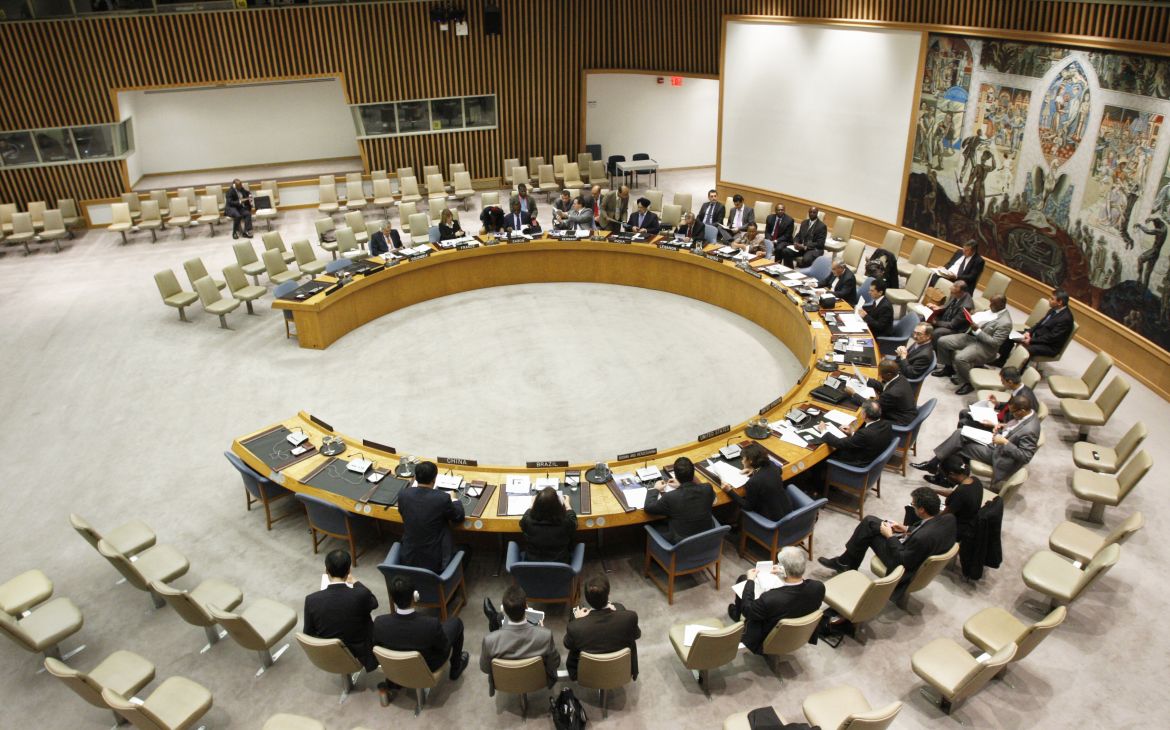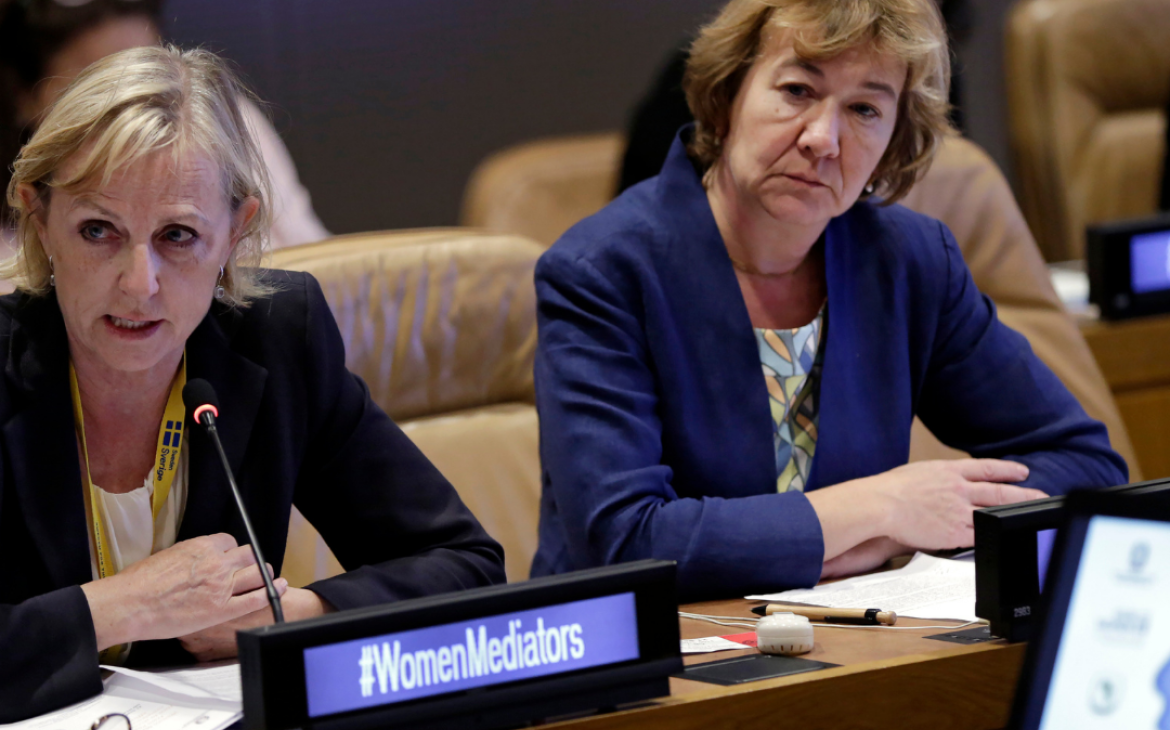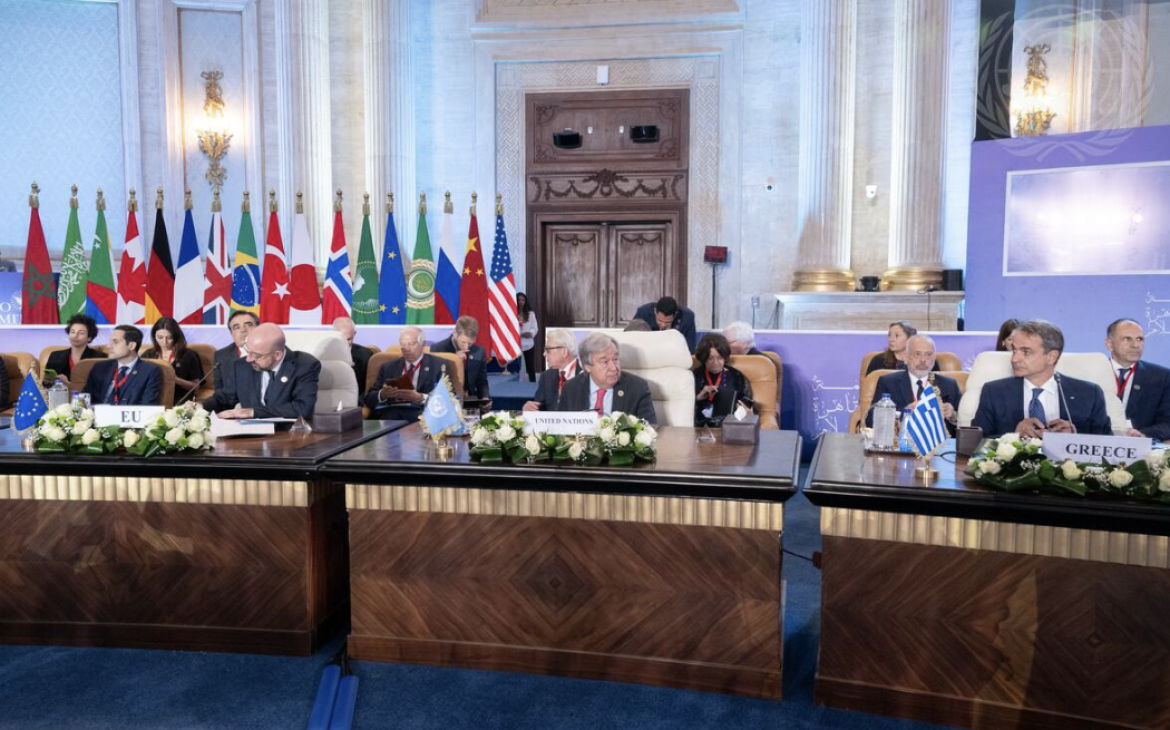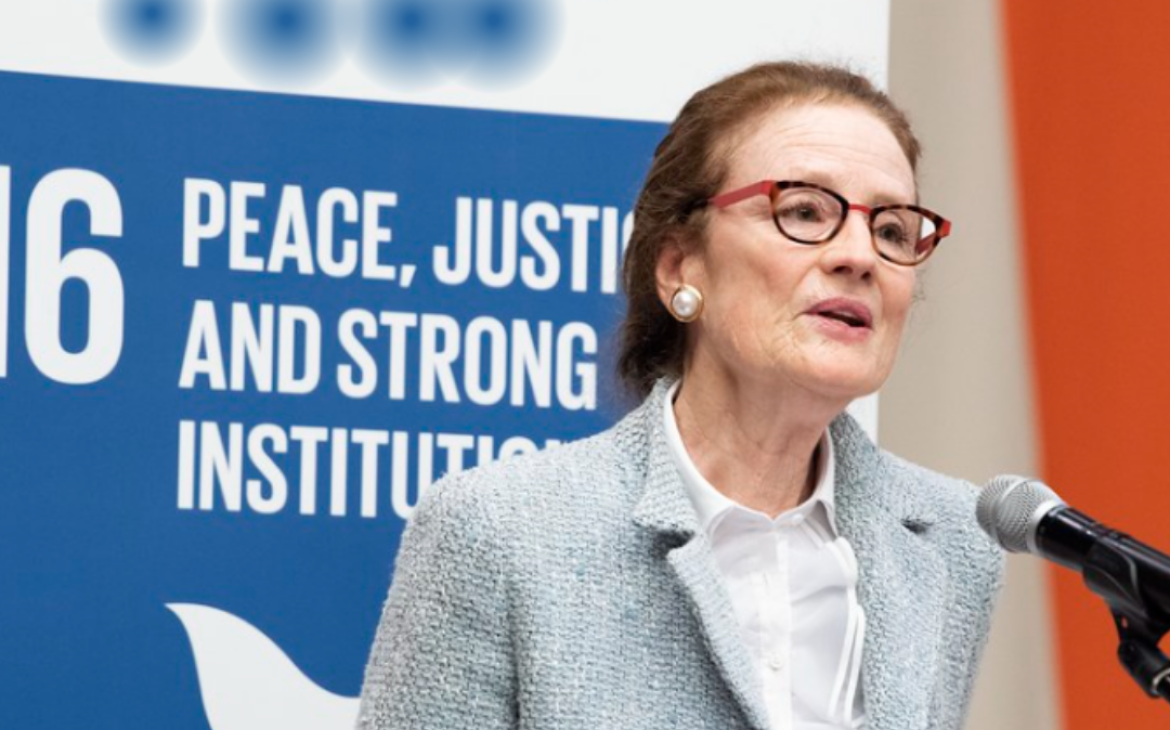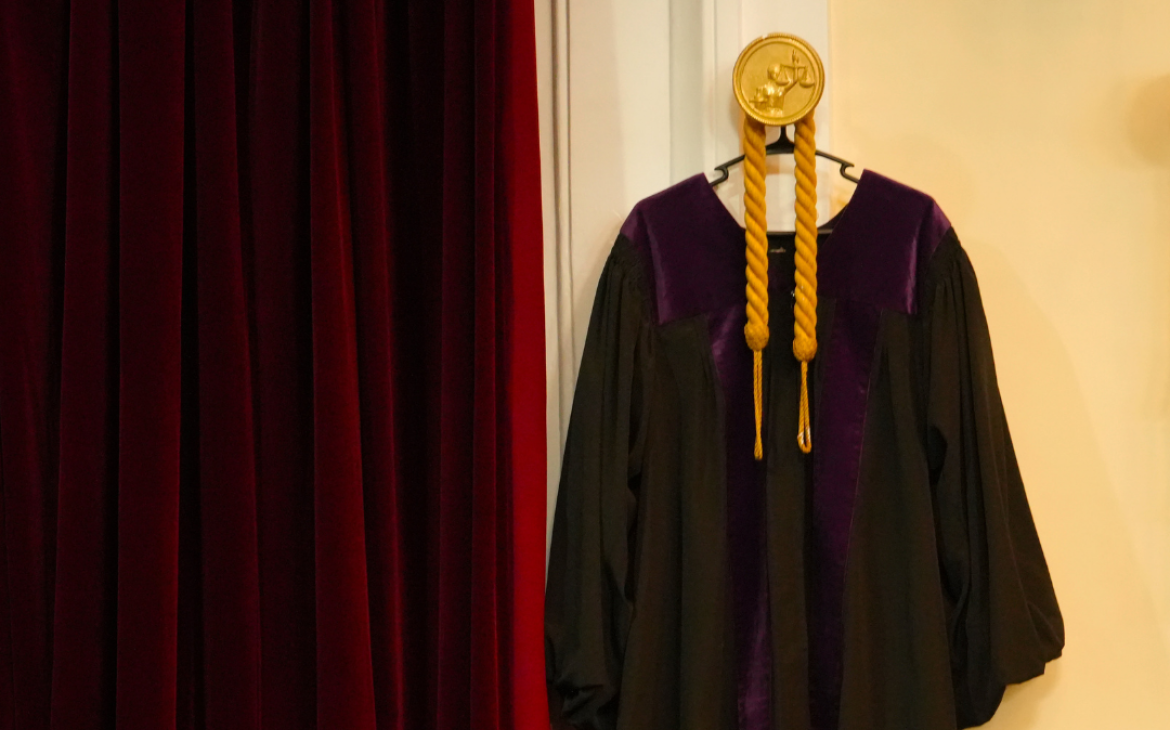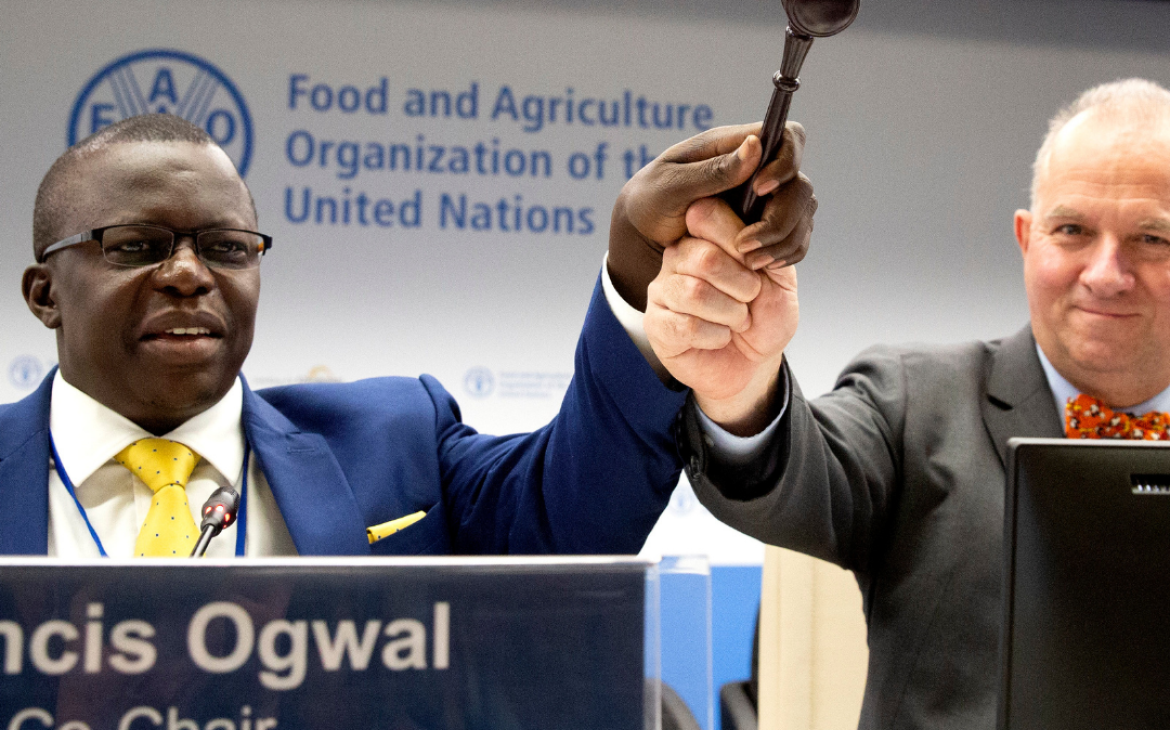Programme Overview
The Master of Arts in International Law and Diplomacy (hybrid and online formats) is a graduate programme permitting students to specialize in the interface between international law and diplomacy. It will not only broaden students’ knowledge in the field of international law and its various foundational dimensions but will also equip them with the knowledge and skills to work in the field of diplomacy and related international careers.
During this programme – offered both in a Hybrid Format (asynchronous classes online and face-to-face on the UPEACE campus in Costa Rica), and an Online Format – students in this programme will analyze the different dimensions of development, including environmental, social, economic, and human dimensions, as well as the theory and practice of diplomacy in the 21st century. These include dispute settlement and conflict resolution.
In addition, students will attend skills development and coaching sessions designed to support their professional careers and employability.
Students will have an opportunity to participate in an optional field visit to Geneva (Switzerland) and/or The Hague (Netherlands), immersing themselves in the heart of diplomacy and international law.
For more information please visit the UPEACE M.A International Law and Diplomacy page or access the full programme brochure below:
Optional Field Visits
Students admitted to the programme are offered a unique opportunity to partake in an optional field visit to Geneva, Switzerland, and/or The Hague, Netherlands, immersing themselves in the heart of diplomacy and international law.
The five-day field trip(s) cost USD 1,500 each and include exclusive experiences such as visiting various international organizations, the ICRC museum in Geneva, the ICJ in The Hague, and engaging in networking sessions with diplomats, personnel from permanent missions accredited to the UN, civil servants working in international organizations, and representatives from civil society.
Scheduled for the summer, the confirmed dates for these optional field visits will be shared with interested students by UPEACE and UNITAR well in advance. Students have the flexibility to enrol in either the Geneva or The Hague visit individually, or they can choose to participate in both field trips to maximize their learning experience.
(*) Please note that the fellowship programme does not include travel, accommodation, food, or visa expenses. Please note that students should have a valid health insurance plan in place during their stay in Switzerland and/or The Netherlands.
Key Information
Application Deadline:
- The online course (Online) application deadline is 25th June 2026.
- The hybrid course (Hybrid) application deadline is 30th April 2026.
Course Start Date:
- The online course (Online) begins the 6th July 2026.
- The hybrid course (Hybrid) begins 7th September 2026.
Tuition Fees (Online):
- Full fee: 11,000 USD.
- Early bird discount (10%) 9,900 USD
Tuition Fees (Hybrid):
- Full fee: 13,000 USD
- Early Bird Discount (10%): 11,700 USD.
UN staff will be eligible for a 20% waiver and Costa Rican nationals will be eligible for a 30% waiver (both Online and Hybrid modalities). These can be combined with the early bird discount.
For more information please contact: admissions@upeace.org.
Admissions
Required Documentation
The following documentation is required to complete your application process. Please have them ready and on hand before beginning your online application process, as they will need to be uploaded into the system.
- English Proficiency Test Scores Report: TOEFL (PBT, CBT or IBT), IELTS, Duolingo English Test, Pearson Test of English or Cambridge English Language Assessment
- Statement of Purpose
- Letters of Recommendation
- Official Undergraduate (Bachelor’s Degree) Transcripts and Degree Certificate
- Curriculum Vitae or Resume
- Copy of Passport (front page with photo only)
- One passport-size photos for ID purposes
The online application requires electronic (PDF) scans of required documents. Should admission be granted, the following documents will be eventually be required in official hard copy:
- English Proficiency Test Scores Report: TOEFL (PBT, CBT or IBT), IELTS, Duolingo English Test, Pearson Test of English or Cambridge English Language Assessment (if applicable)
- Official Undergraduate Transcripts and Degree Certificate (and English translations if applicable)
- Three (3) passport-size photos.
See a detailed list of all admissions requirements here: UPEACE Admission Requirements
UPEACE are not able to provide any information about the status of applicants over the phone or to third parties. Information will only be provided to the applicant using the email provided in the online application form. Please address any email inquiries to admissions@upeace.org
Certificate in International Law and Diplomacy
Alongside the masters, UPEACE & UNITAR offer a Certificate in International law and Diplomacy which is completed over 6 months from September - March.
Application Deadline: 20th August 2026
Course Start Date: 7th September 2026
Fee: $3,550.00
For more information please visit the UPEACE Certificate in International law and Diplomacy page or access the full brochure below:
Brochure Certificate in International law and Diplomacy UPEACE & UNITAR


